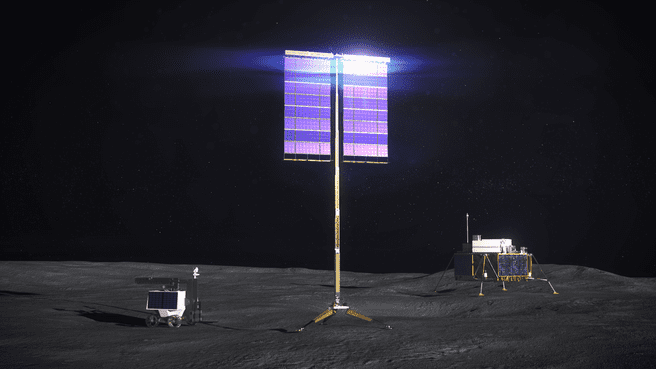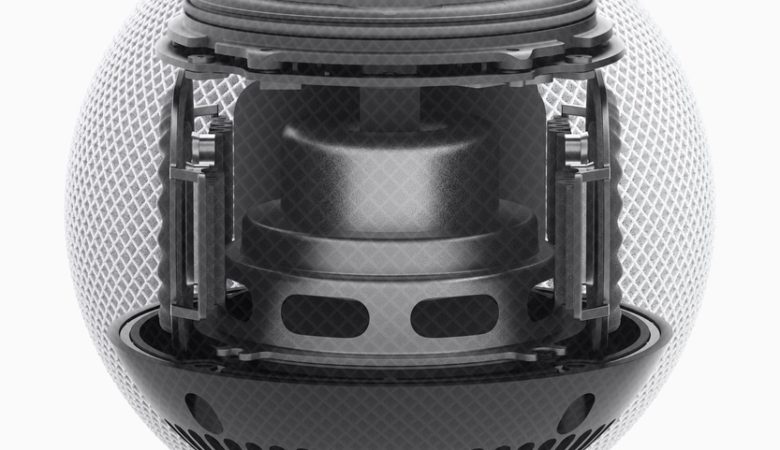Plain sparkling water – without any additives – looks like the perfect refreshing drink. It contains no sugar and its substitutes, no added ingredients. Only water and carbon dioxide. But the question of how safe it is for health is raised regularly.

DOES IT SATURATE THE BODY WELL WITH WATER?
You can often hear that carbonated water is better at quenching thirst (and, accordingly, satisfying the body’s need for fluid) than plain water. But research has shown that it saturates the body no better or worse.
Due to the fast onset of saturation, when drinking soda, a person can drink less than required. For example, one study showed that people who drink it may be less hydrated after exercising. However, there is no reason to say that all bubble water lovers are not hydrated enough.
DOES SPARKLING WATER REMOVE CALCIUM FROM OUR BODY?
The myth that carbonated water addiction can lead to a decrease in bone density appears to have originated in 2006. Toga research has shown that older women who drank soda (including sugary ones) every day had less calcium in their bones than women who drank less often. However, scientific work has shown that soda without any additives is not associated with a decrease in bone density.
IS SODA DANGEROUS FOR TEETH?
When carbon dioxide dissolves in water, a small amount of very weak carbonic acid (H2CO3) is formed. Acids are indeed potentially harmful to teeth. But research does not confirm that plain carbonated water can contribute to the appearance of tooth decay : the concentration of carbonic acid is insufficient for this.
DO YOU LOSE WEIGHT OR GAIN WEIGHT FROM SODA WATER?
You can find cardinally opposite statements about the possible effect of soda on weight. A study published in 2012 showed that consuming it increases satiety and, accordingly, can resist overeating and weight gain. Scientific work is often remembered, but only 19 people participated in it, so its results cannot be called unambiguous.
In 2015, scientists discovered that drinking soda can stimulate the production of ghrelin, the so-called hunger hormone. Accordingly, it has the potential to stimulate overeating. But even from this work one cannot draw conclusions for real life. Most importantly, it was carried out on rats, so its results cannot be projected onto humans. In addition, ghrelin is not the only appetite regulator, and a specific obesity epidemic has not yet been identified in the population of soda drinkers.
It can be assumed that carbonated water contributes to weight loss, but not by itself, but if you drink it instead of sugary drinks. Such studies have been conducted with regular water: replacing one serving a day of a sugary drink or beer with water is calculated to reduce the risk of obesity.
DOES SODA CAUSE FLATULENCE?
A common cause of increased gas production is irritable bowel syndrome (IBS), which affects 15-45% of the world’s population. Carbonated water is not a cause of this disorder, but it can increase gas production in sensitive individuals with IBS. It is believed to be one of the reasons for the appearance of carbon dioxide in the intestines.
SO WHAT? IS SODA GOOD OR BAD?
“There is little evidence that carbonated water is harmful. If you’re more likely to drink water when it’s gas, there is no point in giving up, ” says nutritionist Rahel Mathews in his article in The Conversation. She adds that water with sugar, sugar substitutes and other additives can be hazardous to health, so it is always safer to prefer plain soda.











